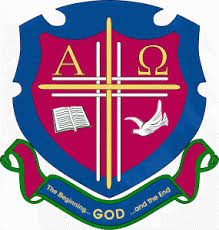The course is designed to encourage students to take a deliberate observation of trends in contemporary development processes of the countries or communities they live in, or are likely to work upon completion of studies. Development Practice: actors and Roles exposes students to critical review of contemporary development problems and their theoretical explanations. It also exposes students to the various actors in the development process, with specific focus on approaches/strategies they use to facilitate development and the likely challenges they may experience (SWOT analysis of existing development actors and practitioners). The main aim is to broaden students’ knowledge and enable them develop analytical skills of evaluating development issues, challenges and prospects for future development. Students through this course unit will be able to generate researchable themes and areas for future analysis, and be exposed to real life situations, as well as policy implications for future development.
Course objectives
The objectives of the course include:
i. To enable students gain awareness on the various socio-cultural, political and economic concerns of development.
ii. To enable students critically analyze the engagement of different development actors/practitioners, and devise strategies for future improvements
iii. Provide students with a variety of field or research themes for further engagement at personal or group levels.
iv. Expose students to the rationale for development planning, and the practical steps in planning development projects
- Lecturer: Jeremy WAISWA
- Teacher: Mercy AMANIYO
- Lecturer: Kukunda Elizabeth Bacwayo
The research methods course introduces students to the principles of social science research and the relationship between theory and methods. Particular attention will be placed on the differences between quantitative and qualitative research methodologies as well as the different techniques used in the respective approaches to avoid bias.
1. Objectives:
1. To introduce basic scientific methods for data collection and their management.
2. To critically examine the scientific method that is normally followed in the research process.
3. To study the basic techniques for information analysis and presentation in the real world.
4. Understand the linkages between theory and the practical scientific research process.
5. To appreciate the practical application of research methods in the field in order to make the research experience real.
- Lecturer: Jeremy WAISWA
